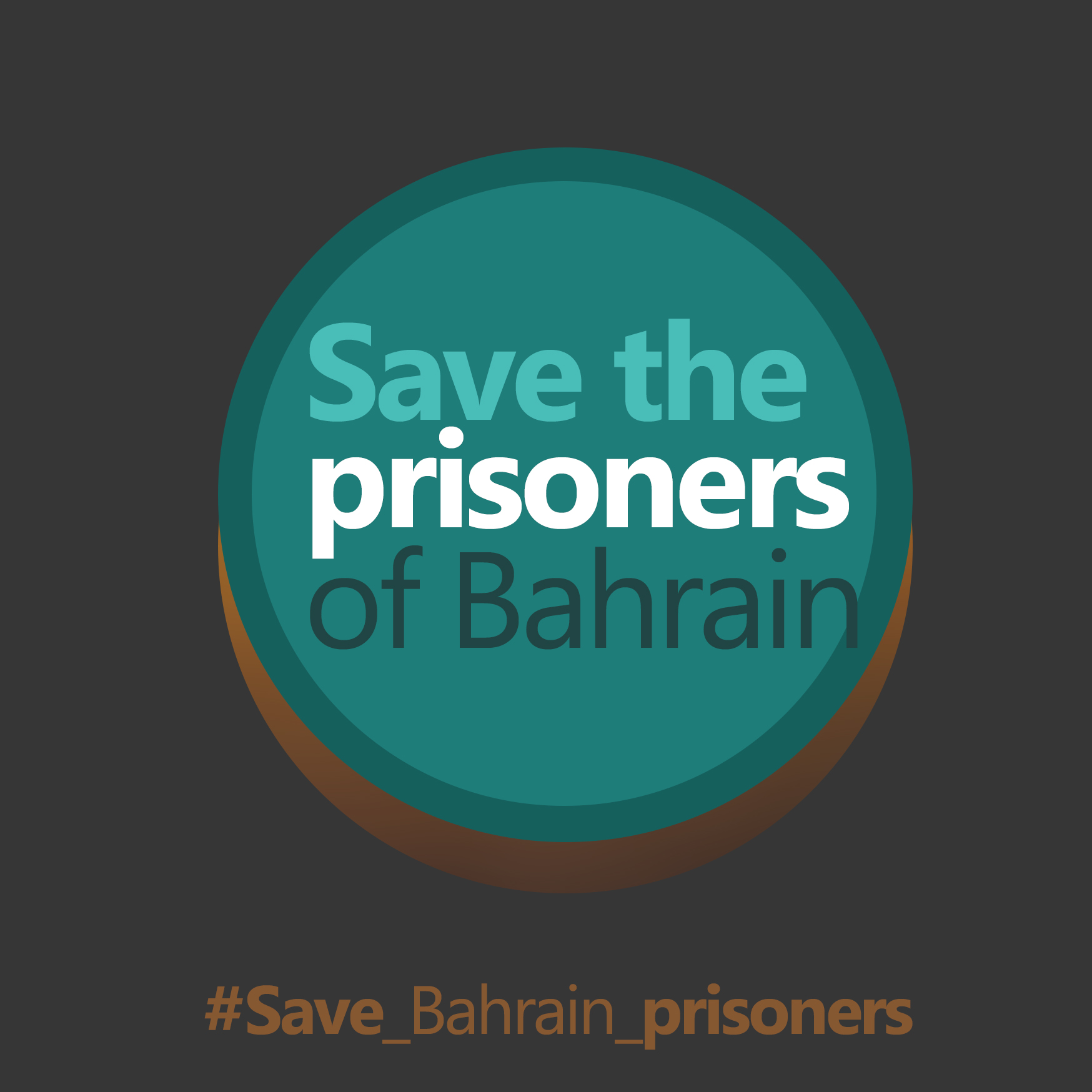 The Bahrain Forum for Human Rights said in a statement that the Jaw Prison administration continues to crack down on prisoners and has recently devised new means of retaliation, including cutting off the water of the toilets, violating the privacy of the prisoner when exercising the right to communicate with his family by telephone, reducing the chances of telephone calls for the convicts, and increasing overcrowding. The BFHR also noted that giving health care to prisoner Elias Al-Mulla is deliberately neglected despite the deterioration of his health in the past few days. The BFHR added that he is unable to obtain a thorough medical diagnosis of his condition, he is treated in a degrading way, and he is intentionally humiliated when he tries to obtain medical care. The BFHR further said that prisoner Aqeel Hussan Jassem, who is suffering from chronic epilepsy, is another case that is deprived of necessary medication and treatment. The BFHR added that, according to the statements given to it, the water of the prisoners’ toilets was deliberately cut off last week for three days and the same method has been used repeatedly in the past weeks, and the prisoners’ right to appropriate food is violated, as the size of the meals is intentionally reduced to starve prisoners. The BFHR noted that all the rooms in building 14 at Jaw prison contain 8 beds, while each room contains 14 long-term prisoners, adding that a decision was issued by the prison administration to reduce the chances of phone calls of the convicts to once a week. The BFHR stressed that although the law of the Reform and Rehabilitation Institution and its executive regulations are incompatible with the Standard Minimum Rules for the Treatment of Prisoners and other, the prisoners are deprived of the rights stipulated in such articles. The BFHR also stated that the prisoner has the right to obtain the necessary treatment free of charge for every case that requires treatment and if the treatment was unavailable in the prison clinic, the prisoner shall be transferred to the public hospitals, and the prisoner has the right to receive sufficient healthy food regularly, while taking into account cases of prisoners with chronic diseases such as Sickle-cell disease |